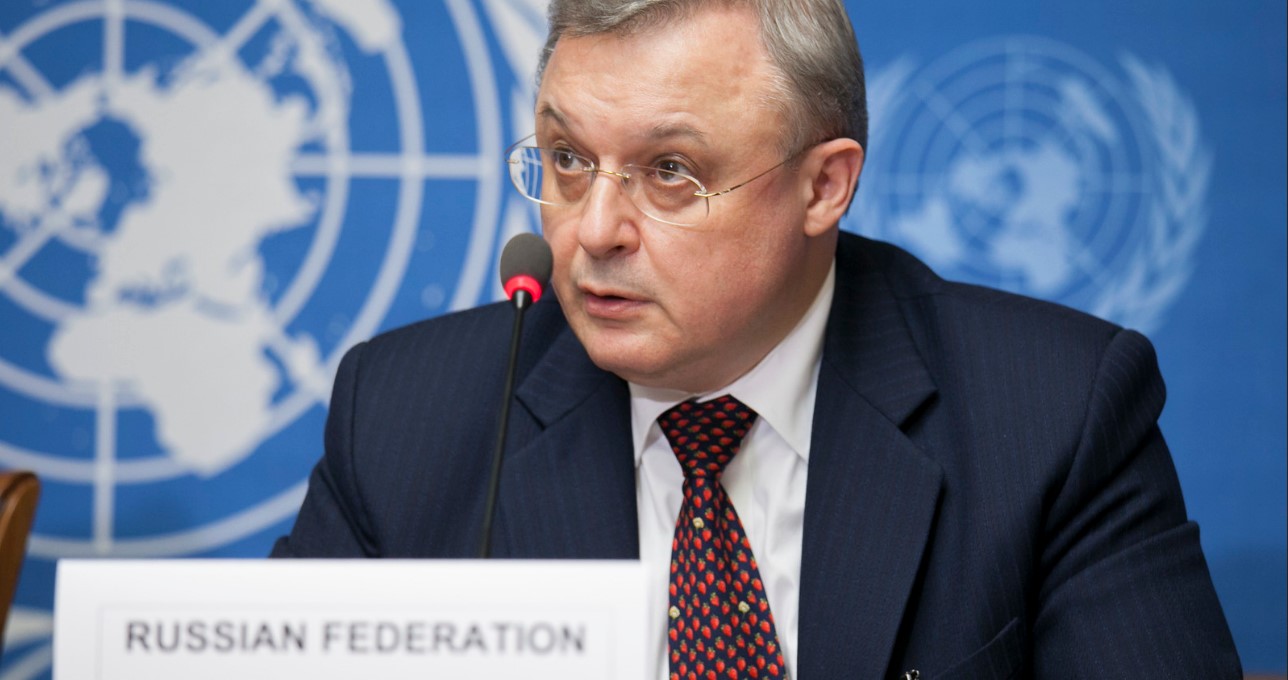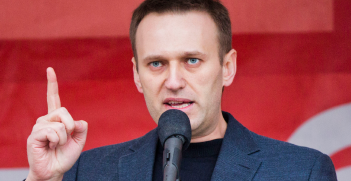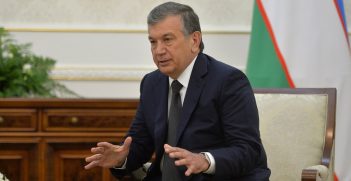Russia and China’s Assault on the International Human Rights System

Russia and China have waged a decade-long campaign to dismantle the global human rights order.
For the last decade, Western democracies and human rights activists have been locked in a bitter struggle with authoritarian great powers at the United Nations (UN). Since 2009, Russia and China have waged a systematic campaign to dismantle the international human rights system.
This campaign has been fought on two different fronts. On the one hand, Russia and China have sought to undermine the UN’s human rights mechanisms in order to stifle international criticism of their poor human rights records and repressive domestic policies. On the other, both countries have attempted to reshape universal human rights norms by promulgating alternative normative frameworks based on the right to development, and traditional and family values.
The campaign has been spearheaded by China, who has taken the lead in attacking the international human rights system since its re-election to the UN’s Human Rights Council (UNHRC) in 2013. For its part, Russia has preferred to work behind the scenes, particularly since its bid for election to the UNHRC failed in 2016.
China’s leadership also reflects its antipathy to universal values under the hard-line rule of President Xi Jinping, who has displayed a growing hostility to human rights since taking control of the Chinese Communist Party (CCP) in November 2012.
Since 2013, Russia and China have worked to undermine the UN’s human rights mechanisms. By obstructing civil society participation at the UN, both countries have attempted to blunt criticism of their human rights abuses on the global stage. By collaborating with other like-minded regimes, both have sought to curb country-specific scrutiny at the UNHRC.
China has used its position on the Economic and Social Council Committee on NGOs to block and delay the applications of human rights NGOs seeking formal accreditation with the UN. China has exploited the committee’s rules by asking NGOs repetitive and politically motivated questions during committee sessions. Since any question from a committee member automatically defers the accreditation process for six months, China has managed to obstruct the applications of several NGOs for years on end. As a result, many human rights groups have been unable to participate in UN forums, sponsor side events, or gain access to UN venues.
Another way that China has obstructed civil society is by harassing and intimidating human rights campaigners during UN forums. In 2014, Ti-Anna Wang, the daughter of a jailed Chinese dissident, was photographed by a Chinese official during a session of the UNHRC. In March 2015, Golog Jigme, the Buddhist monk and rights activist, was photographed by a Chinese diplomat as he prepared to address the UNHRC on China’s rights abuses. For human rights activists, many of whom suffered years of surveillance and repression at the hands of the CCP, these actions represent a clear effort to prevent them from speaking out on China’s rights violations.
Russia and China have also cooperated with like-minded regimes to restrict country-specific scrutiny at the UNHRC. This scrutiny aims to uncover and share information on rights violations, and to pressure states to uphold their human rights obligations.
In March 2018, China presented a resolution to the UNHRC titled “Promoting Mutually Beneficial Cooperation in the Field of Human Rights,” which sought to discard country-specific mechanisms that name and shame countries for their rights abuses. The resolution aimed to downplay the UNHRC’s mandate to investigate human rights abuses while shielding China’s appalling rights record from scrutiny. Despite a series of amendments from Western countries designed to water down the original text, the resolution was adopted with support from an array of authoritarian and third world states, including Cuba, Pakistan, Saudi Arabia, and Venezuela.
Russia and China have not only undermined the UN’s human rights mechanisms. Since 2009, both countries have sought to transform the norms that underpin the global human rights system by promulgating counter-norms based on the right to development, and traditional and family values.
From 2009 to 2016, the Putin regime waged a campaign to challenge liberal human rights norms by promoting so-called traditional and family values. Based on a cultural relativist critique of human rights, traditional and family values aimed to undermine the universalism of the international human rights system.
Through a series of resolutions, debates, and side events at the UNHRC, Russia attempted to incorporate traditional and family values into official UN doctrine. In the process, the Kremlin successfully shifted the focus of global human rights debates away from individual civil and political rights, mobilised support from a broad range of countries, and weakened the position of its domestic political opponents.
No less alarming has been China’s push for the right to development. From 2017 to 2019, China waged a campaign at the UN to reshape universal human rights norms. This campaign emphasised the right to development over individual civil and political rights, and called for a relativistic approach to rights based on different cultural and political backgrounds.
By depicting itself as the leader of developing countries around the world, China aimed to showcase its political system of state-centric authoritarianism as a model for other countries to emulate, while providing a clear alternative to international norms of democracy, the rule of law, and respect for basic freedoms.
Russia and China’s activities at the UN from 2009-2019 reflect an unrelenting effort to undermine the global human rights order. In a campaign that spanned a decade, and appears unlikely to end in the foreseeable future, both countries have systematically attacked universal human rights protections in the very forums and venues established to protect them. In the process, Russia and China have endangered the human rights of millions of people around the world, who rely on the international human rights system to safeguard them from the worst excesses of state power.
By challenging the fundamental norms that have underpinned the global human rights system since its inception, Russia and China have become normative powers in their own right, creating an example for autocrats and aspiring dictators to emulate everywhere.
Geoffrey Roberts has a first class honours degree in politics from La Trobe University. His thesis, completed in October 2019, examined Russia and China’s contribution to the breakdown of the post-Cold War human rights order. He is interested in the areas of international politics and human rights.
This article is published under a Creative Commons Licence and may be republished with attribution.





